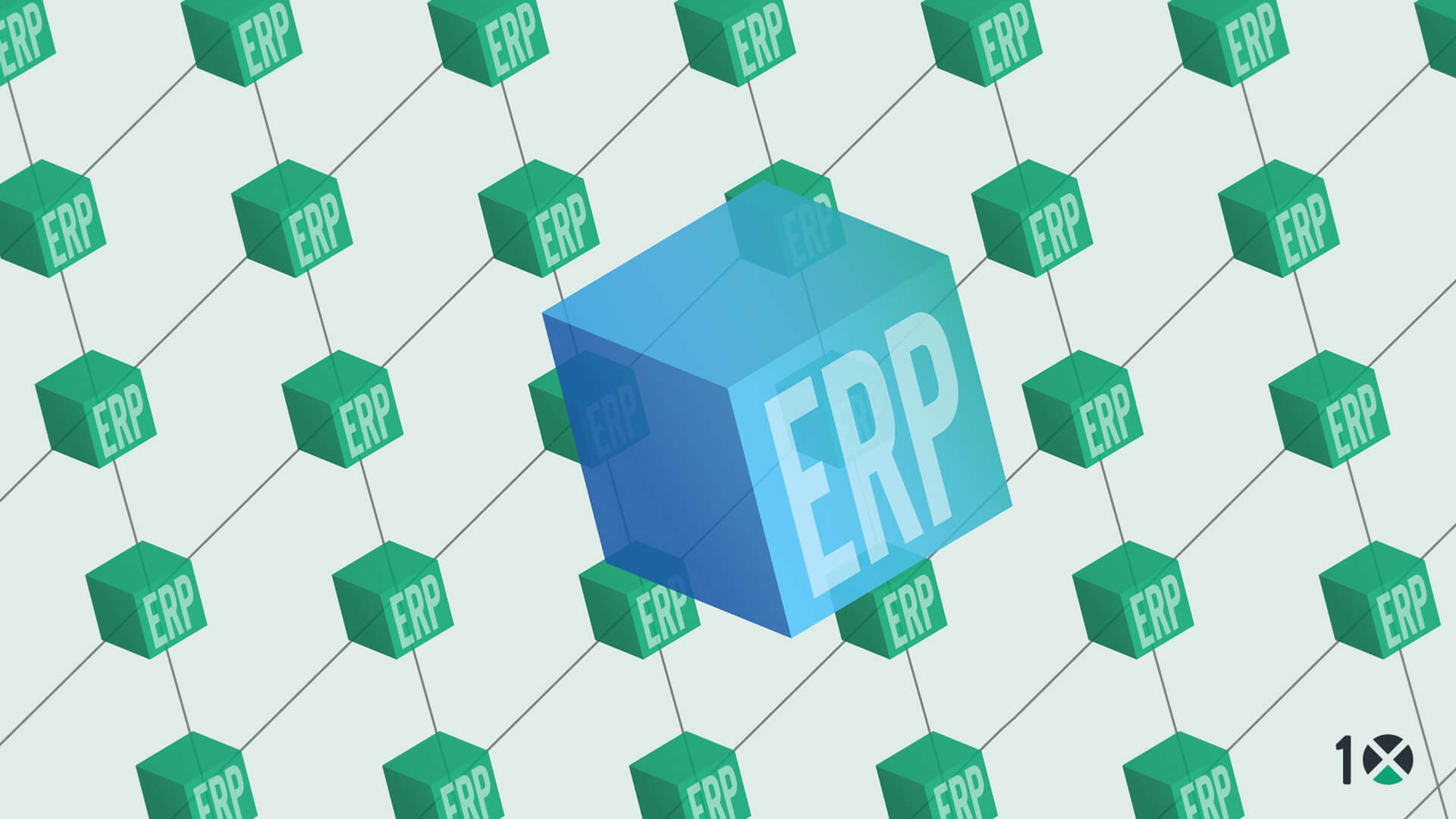Summary
- Blockchain technology revolutionizes ERP systems by providing enhanced security, transparency, and efficiency, crucial for small to midsize distribution businesses.
- It introduces smart contracts and real-time data processing, streamlining operations and aiding decision-making, especially in dynamic distribution sectors.
- Integrating blockchain into ERP systems offers significant advantages but poses challenges like complexity, investment needs, and potential regulatory hurdles.
In the ever-evolving landscape of enterprise technology, blockchain stands out as a revolutionary force, particularly in Enterprise Resource Planning (ERP) systems. For small to midsize distribution businesses, understanding the impact of blockchain on ERP systems is crucial. This exploration delves into how blockchain technology transforms ERP systems, offering enhanced security, transparency, and efficiency.
Blockchain Technology: A Brief Overview
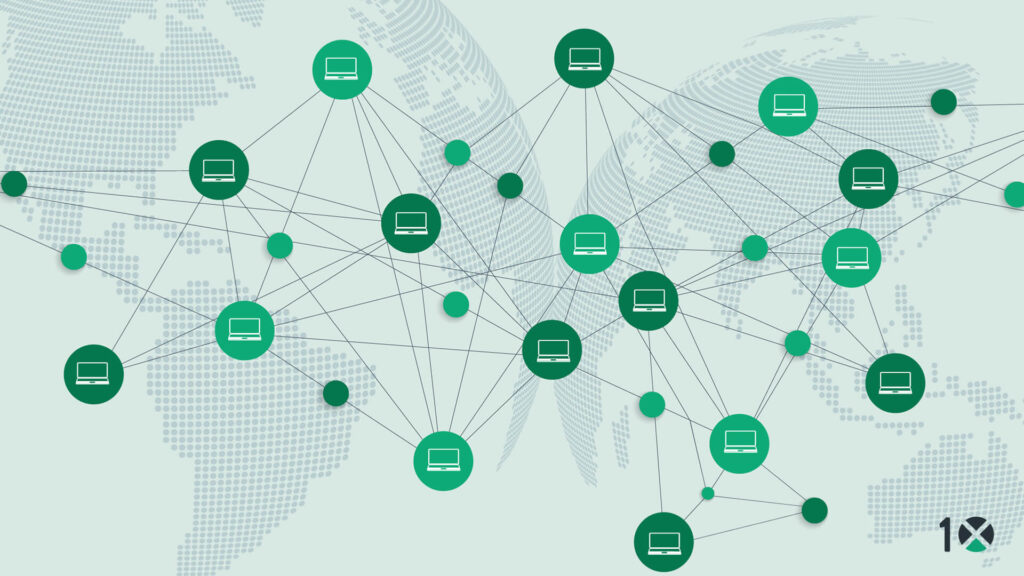
Blockchain, a technology at the heart of famous cryptocurrencies like Bitcoin, offers far more with its wide-ranging applications. This innovative technology operates as a decentralized ledger, recording, verifying, and storing data across a vast network of computers. This distributed nature ensures the blockchain is remarkably resistant to tampering, making it an ideal foundation for secure and transparent digital transactions. Its implications in various fields, especially in enterprise resource planning, mark a significant shift towards more secure, efficient, and transparent operations, particularly beneficial in sectors that heavily rely on accurate and immutable record-keeping.
Enhanced Security: A Paramount Concern
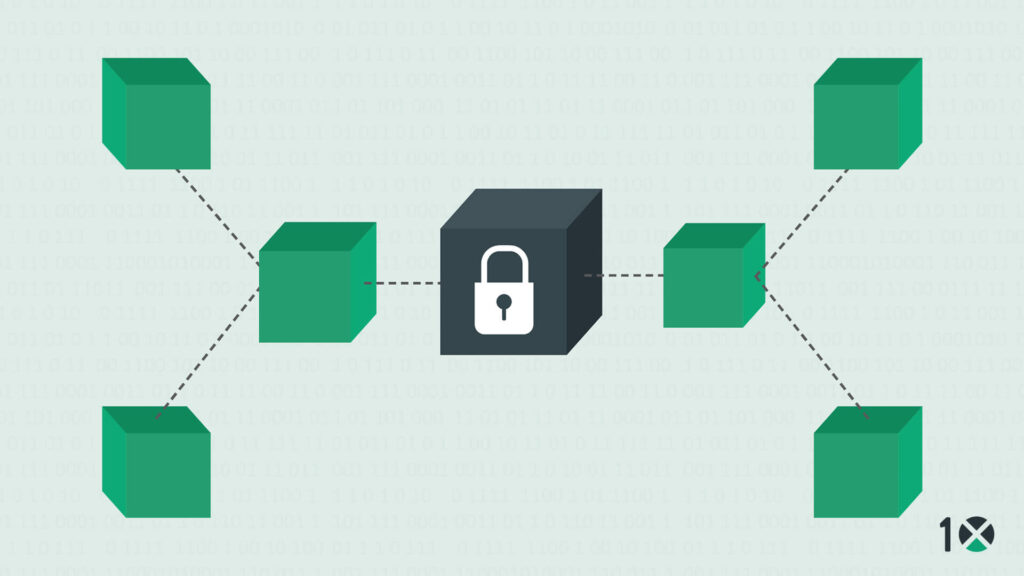
For ERP systems, where security is critical, blockchain offers an unmatched level of protection. Its decentralized framework encrypts and interlinks each transaction, forming a virtually impervious chain to unauthorized alterations. This heightened security is a boon for distribution businesses, safeguarding crucial data such as supply chain details, customer information, and financial transactions. The advent of blockchain in ERP systems marks a new era of enhanced data security, ensuring that sensitive business information remains secure in a digital landscape often marred by security breaches and data theft.
Unprecedented Transparency and Traceability
Blockchain technology ushers in a new era of transparency and traceability for ERP systems, a feat traditional systems often fall short of. Each transaction within a blockchain is transparent to all authorized users, offering unparalleled real-time insight into supply chains, inventory statuses, and transaction records. This level of transparency is invaluable for distribution businesses. It streamlines compliance and auditing processes while also cultivating a sense of trust among all stakeholders involved. The ability to track and verify transactions with such clarity is not just a technological advancement but a fundamental shift in how businesses can operate with greater accountability and confidence.
Streamlining Operations with Smart Contracts
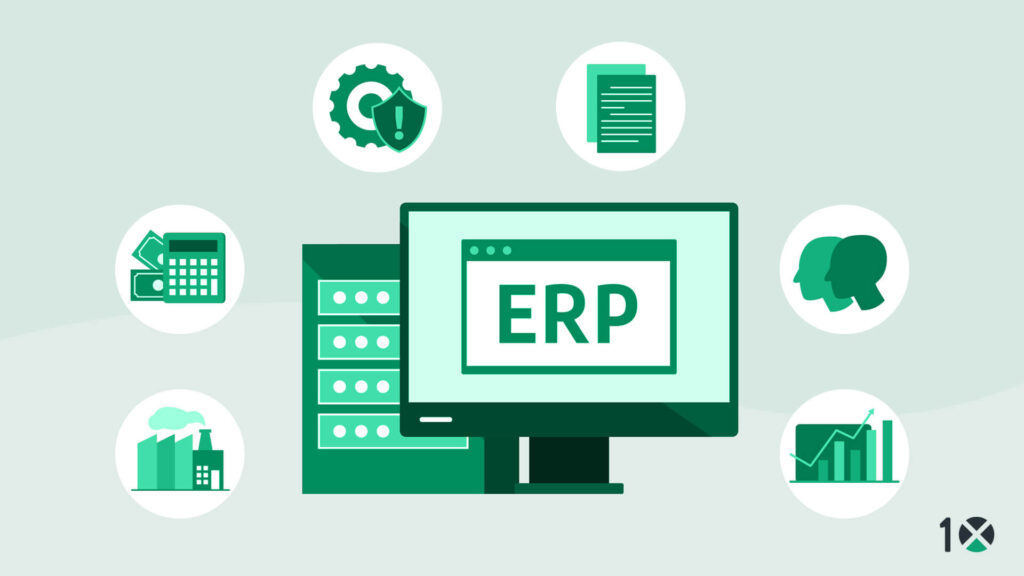
Smart contracts, an integral part of blockchain technology, are revolutionizing ERP systems. These contracts are embedded with code that executes themselves when certain conditions are met, automating and streamlining various business processes. From payment processing to inventory management, smart contracts reduce manual intervention, minimize errors, accelerate transactions, and cut operational costs. This automation is particularly beneficial for small to midsize businesses, which often seek to optimize resources and improve efficiency. By integrating smart contracts into ERP systems, businesses can achieve a new level of operational agility and precision.
Improved Compatibility and Collaboration
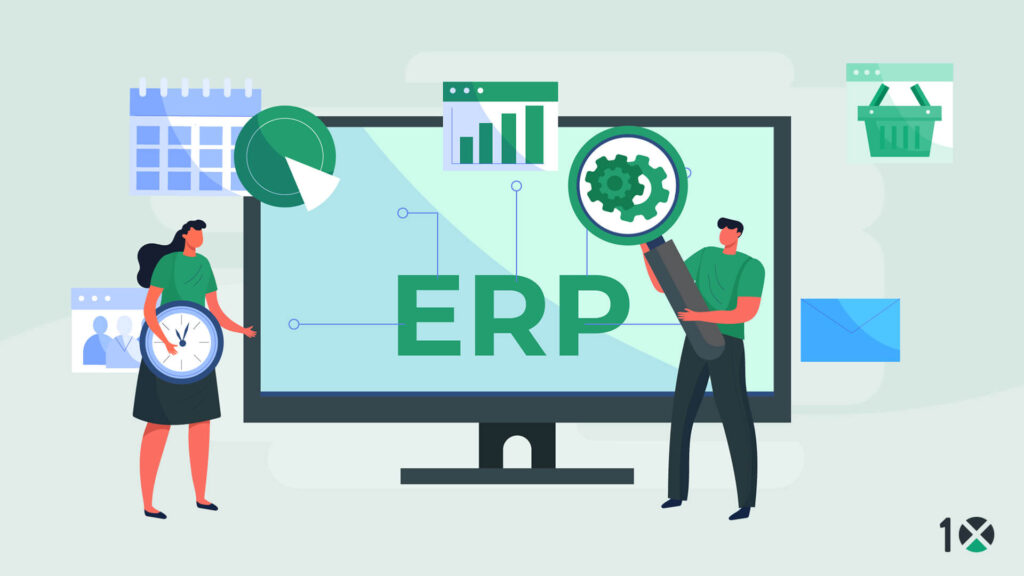
Blockchain significantly enhances the compatibility of ERP systems, fostering seamless data exchange and communication across varied platforms and business partners. This feature is crucial for distribution businesses that operate within a network of suppliers, distributors, and partners. The improved collaboration and interconnectedness facilitated by blockchain lead to more efficient supply chains and informed decision-making. It breaks down data sharing and coordination barriers, paving the way for a more synchronized and cooperative business environment essential in today’s interconnected world.
Real-Time Data for Better Decision Making
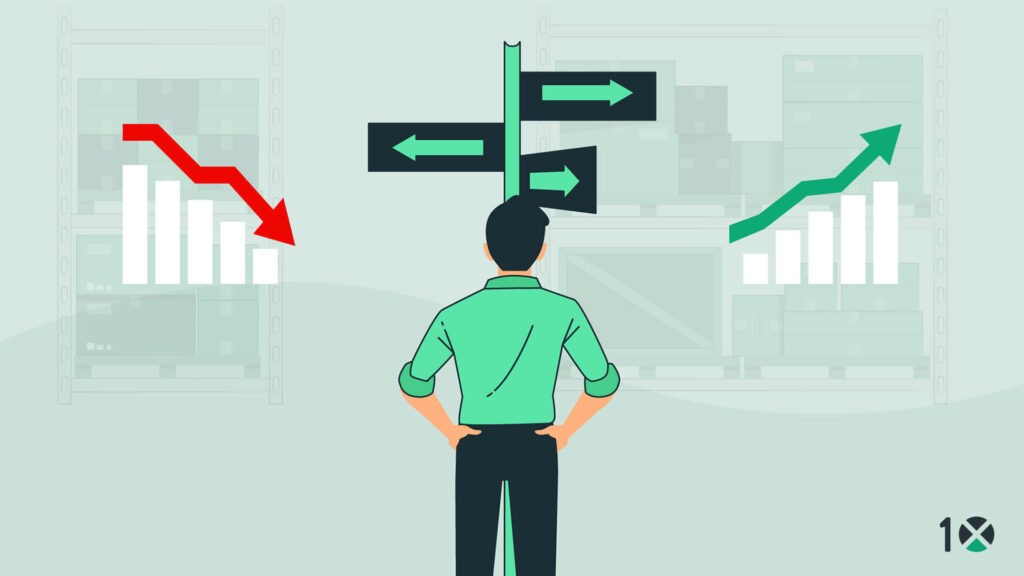
The capability of blockchain-based ERP systems to process data in real-time is transformative for decision-making processes. In the dynamic arena of distribution, where supply chain dynamics and market demands rapidly evolve, having access to accurate and immediate data is invaluable. It enables better forecasting, efficient inventory management, and strategic planning. This real-time data processing is not just a technological advancement; it’s a critical business tool that empowers companies to respond swiftly and effectively to changing market conditions, giving them a competitive edge.
Challenges and Considerations
Integrating blockchain into ERP systems presents substantial benefits but comes with its own challenges. The complexities of blockchain technology, significant investment requirements in infrastructure and skill development, and potential regulatory barriers are some of the key considerations for businesses. These challenges require careful deliberation, balancing the transformative potential of blockchain against the practicalities and costs of implementation. Businesses contemplating a blockchain-based ERP solution must weigh these factors to make informed decisions that align with their strategic goals and operational capabilities.
Conclusion
Blockchain technology is not just a buzzword; it’s a transformative force for ERP systems, especially for small to midsize distribution businesses. By leveraging blockchain’s enhanced security, transparency, and efficiency, these businesses can gain a competitive edge in an increasingly digital world. As we move forward, blockchain integration into ERP systems will undoubtedly become more prevalent, paving the way for more innovative, secure, and efficient business operations.
